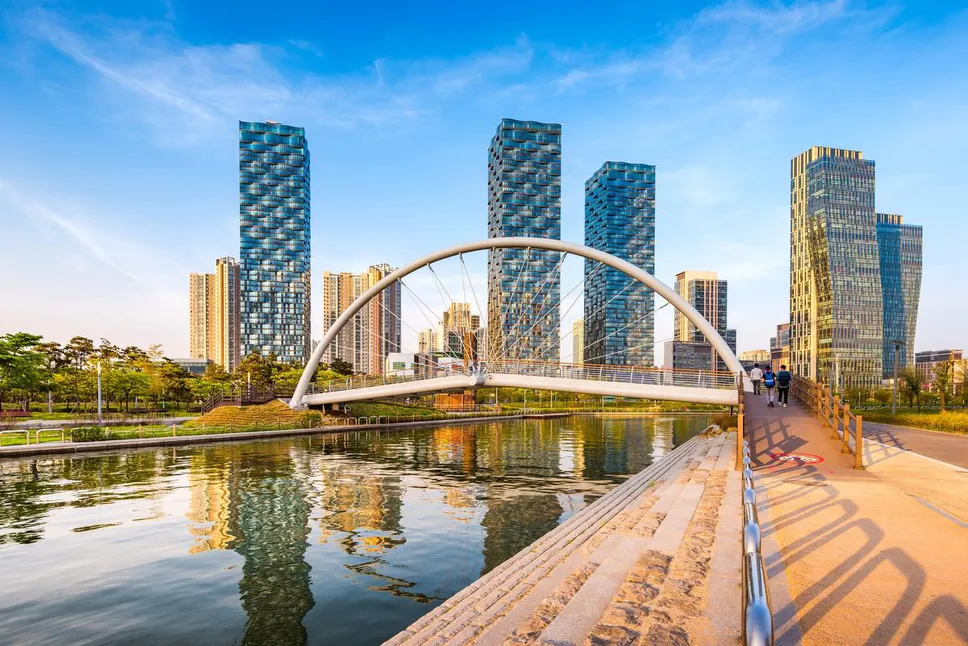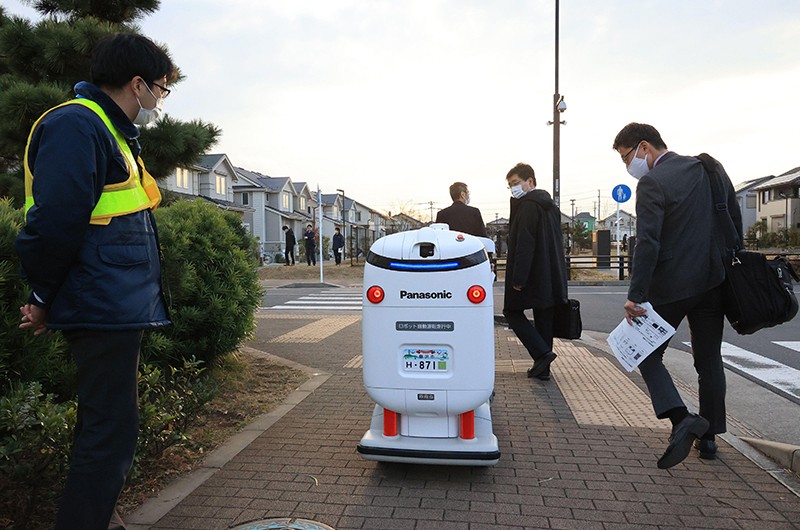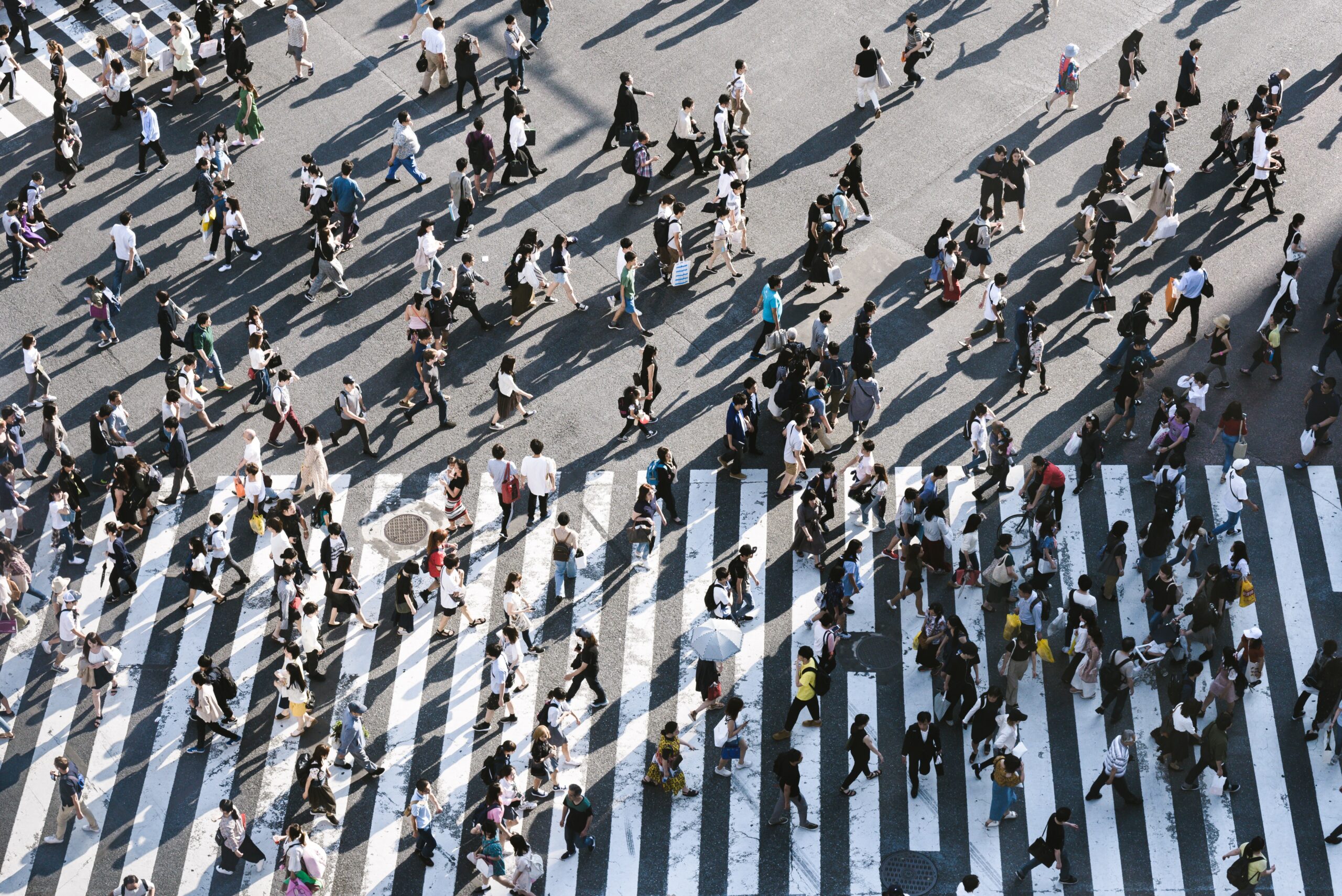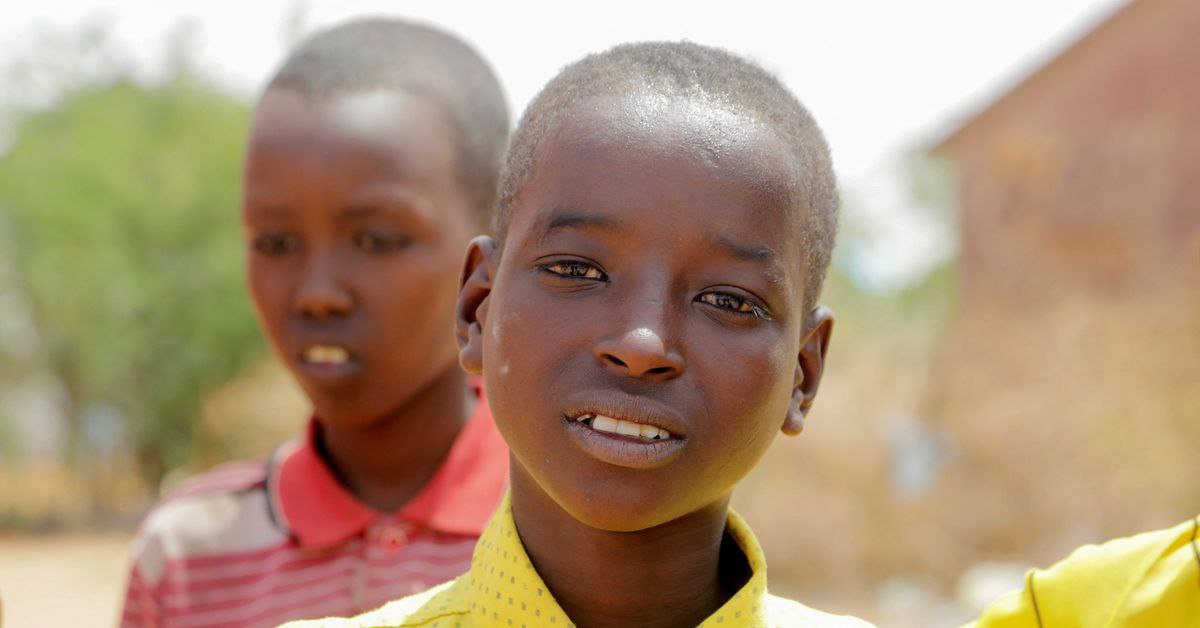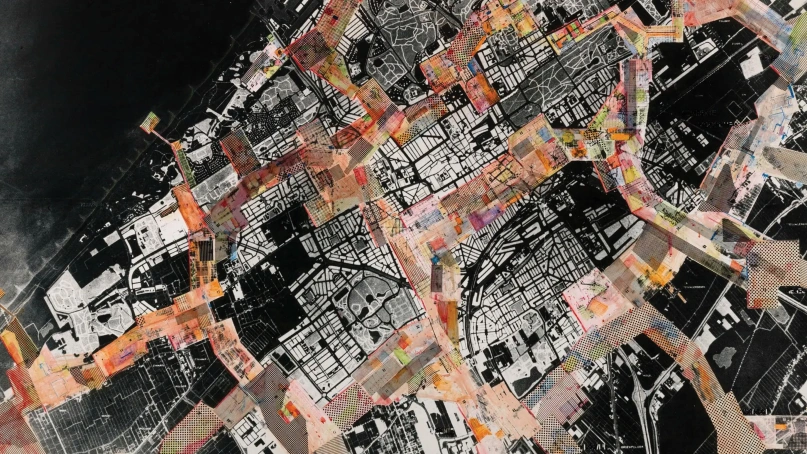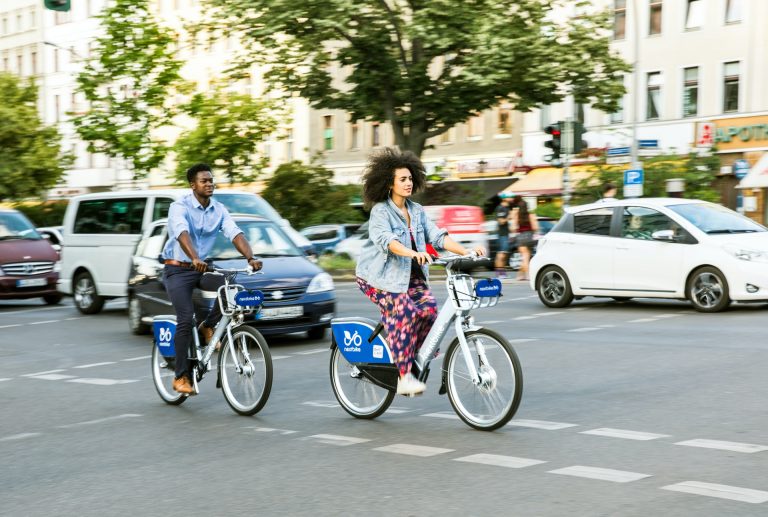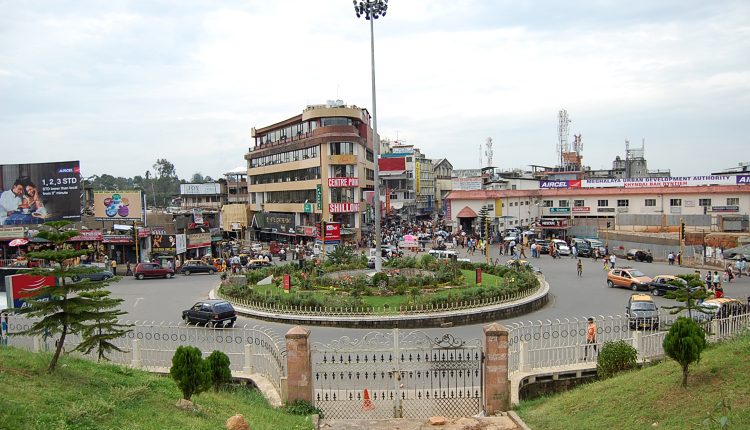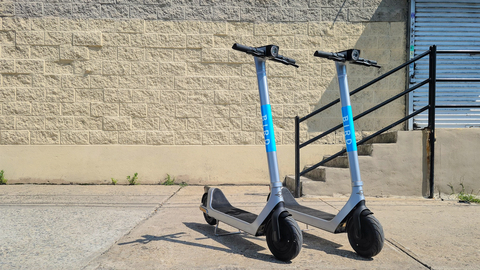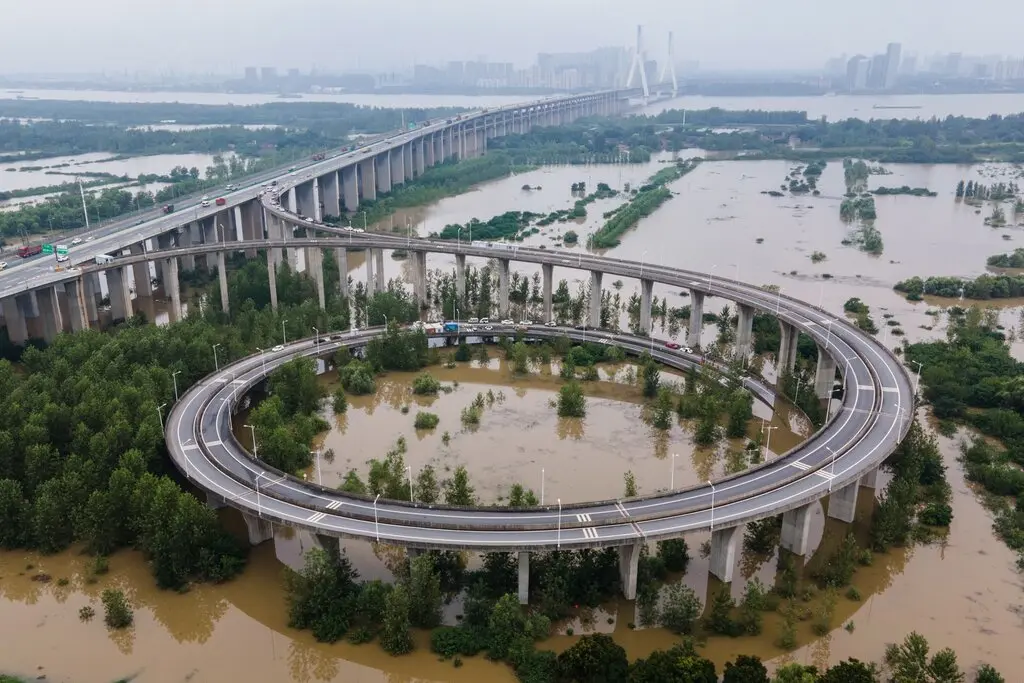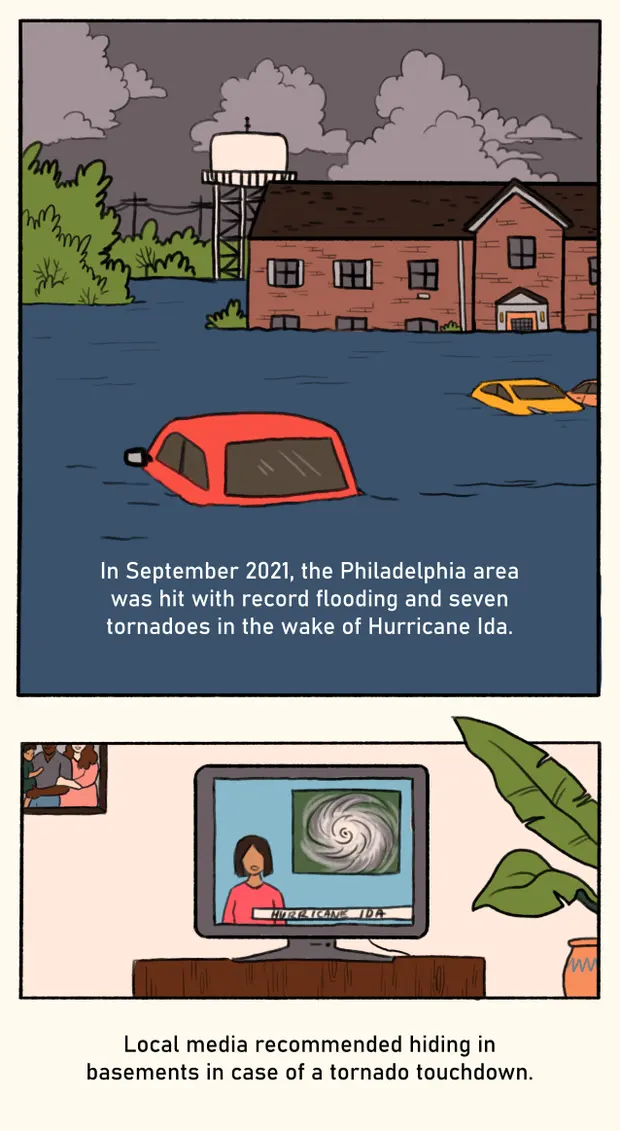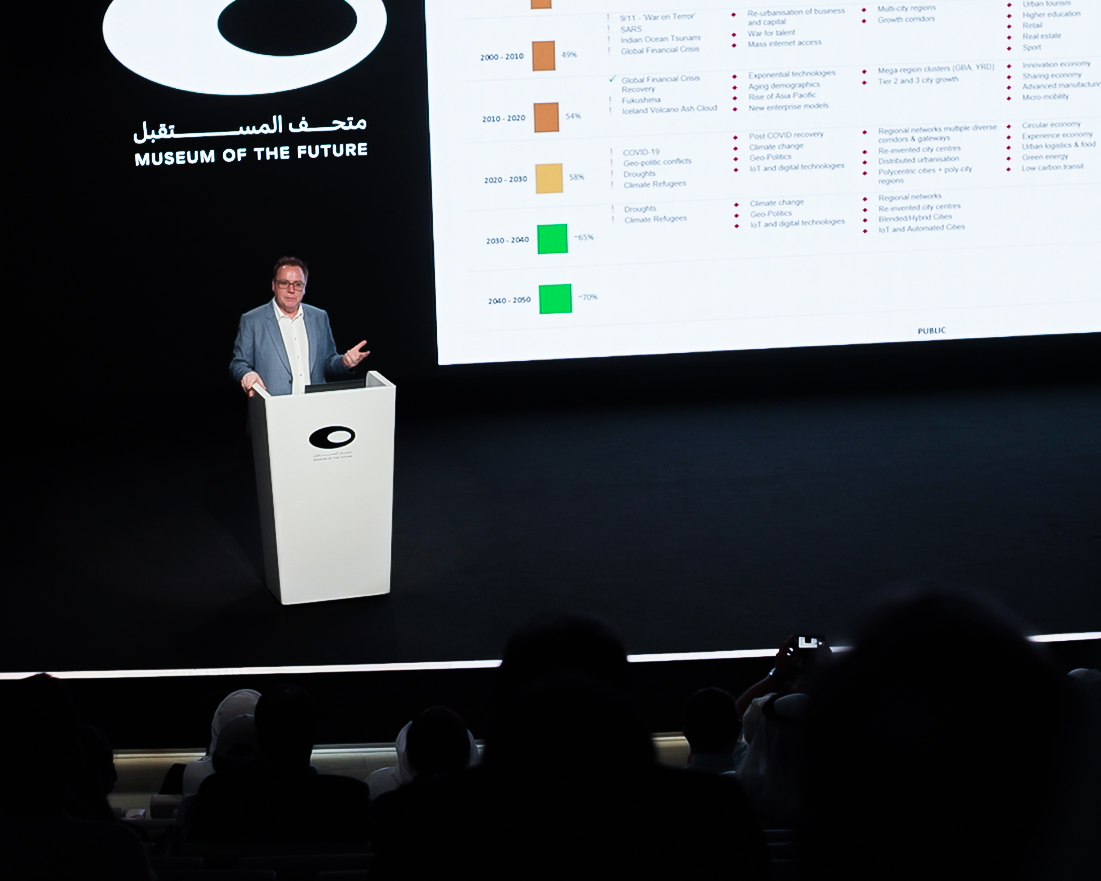
As the global climate change narrative increasingly gains traction, particularly in the lead up to and aftermath of the COP26 Climate Change Summit in Glasgow, governments, organisations and individuals are now acutely aware of the impact our behaviour is having on the environment. Within this, a core debate has emerged – whose responsibility is it to take action?
When it comes to the critical issue of air pollution, with recent data from the WHO suggesting that it causes seven million deaths per year, individual efforts may seem redundant. Taking into account that the top 20 fossil fuel companies (12 of which are state-owned) are responsible for 35% of all energy-related carbon dioxide and methane emissions worldwide, we would assume accountability surely rests with them.
However, as recent research by the Boston Consulting Group suggests, 70% of people believe the pandemic has increased their awareness of the destruction of our natural environment and the imminent threat to human life. This has created a context in which the power of individuals as agents of change has been heightened and "citizen science" is on the rise.
+INFO: Environment-Analyst.com
+IMATGES: Environment-Analyst.com




